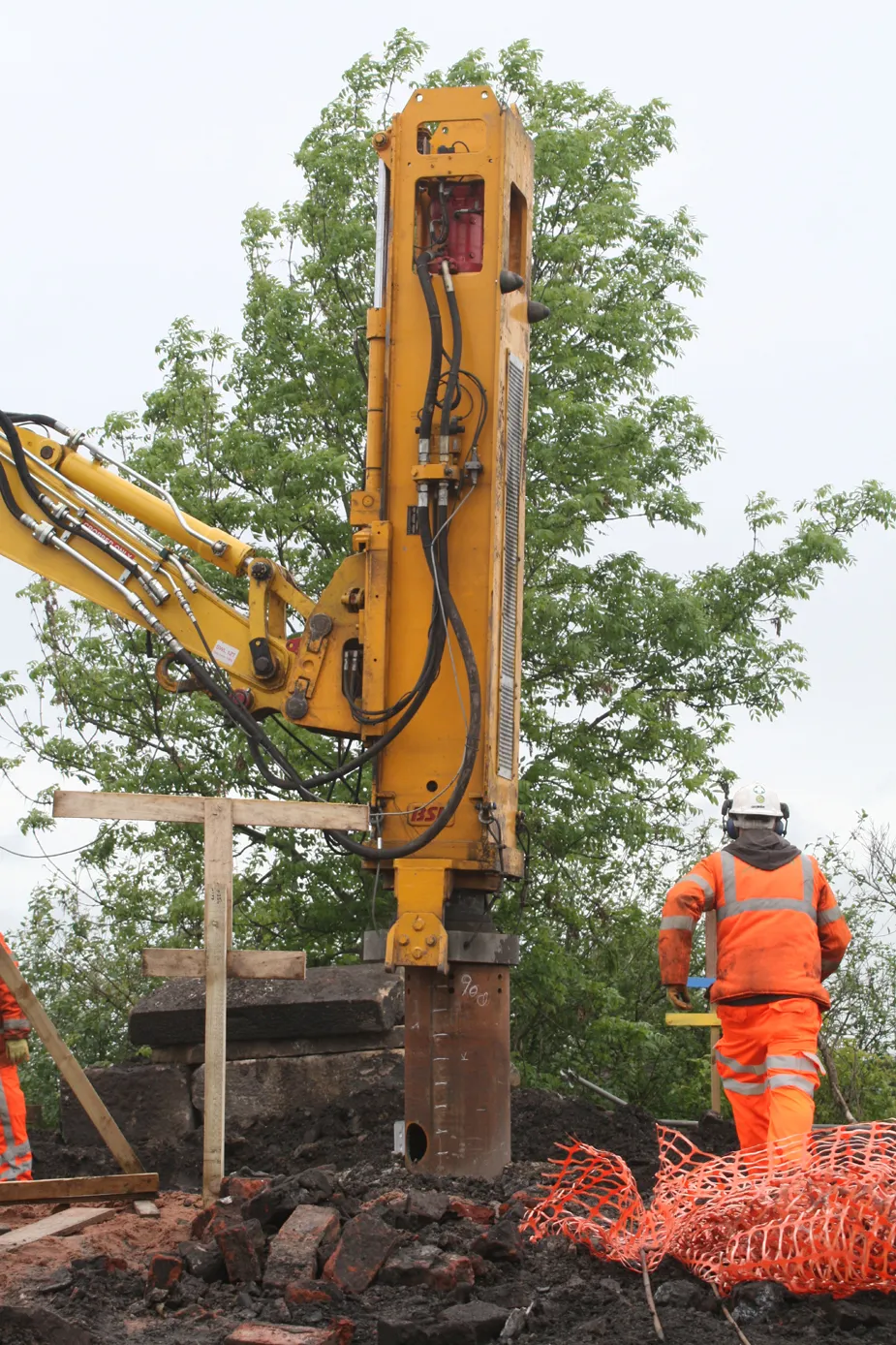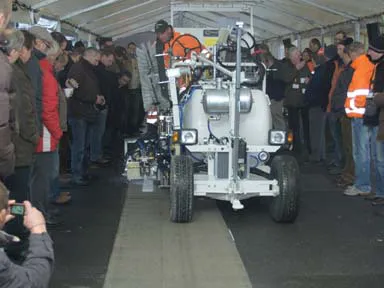IRF is now accepting entries for the 2010 edition of its annual awards competition, the Global Road Achievement Awards (GRAA). The deadline for submission of projects is 31 May, 2010. IRF began this prestigious annual programme as a means to publicise the benefits the road industry makes to global economies and the positive impact road development has on societies around the world. Since the launch of the competition in 2000, more than 70 projects from two dozen countries have been recognised for their cont
February 14, 2012
Read time: 2 mins

IRF began this prestigious annual programme as a means to publicise the benefits the road industry makes to global economies and the positive impact road development has on societies around the world.
Since the launch of the competition in 2000, more than 70 projects from two dozen countries have been recognised for their contributions to the advancement of road development worldwide.
The competition is open to all organisations involved in the road industry and there is no limit to the number of entries an organisation may submit. Projects that may have been recognised in other award programmes also qualify, provided they have not been recognised in any previous IRF GRAA competition.
This year, IRF will be accepting awards submissions in the categories of Safety; Design; Research; Innovative Finance; Quality Management; Advocacy & Lobbying; Programme Management; Environmental Mitigation; Maintenance Management; Construction Methodology; Technology, Equipment & Manufacturing, and Traffic Management & Intelligent Transportation Systems.
For inquiries or more information, please email Scott Pearce at %$Linker:







